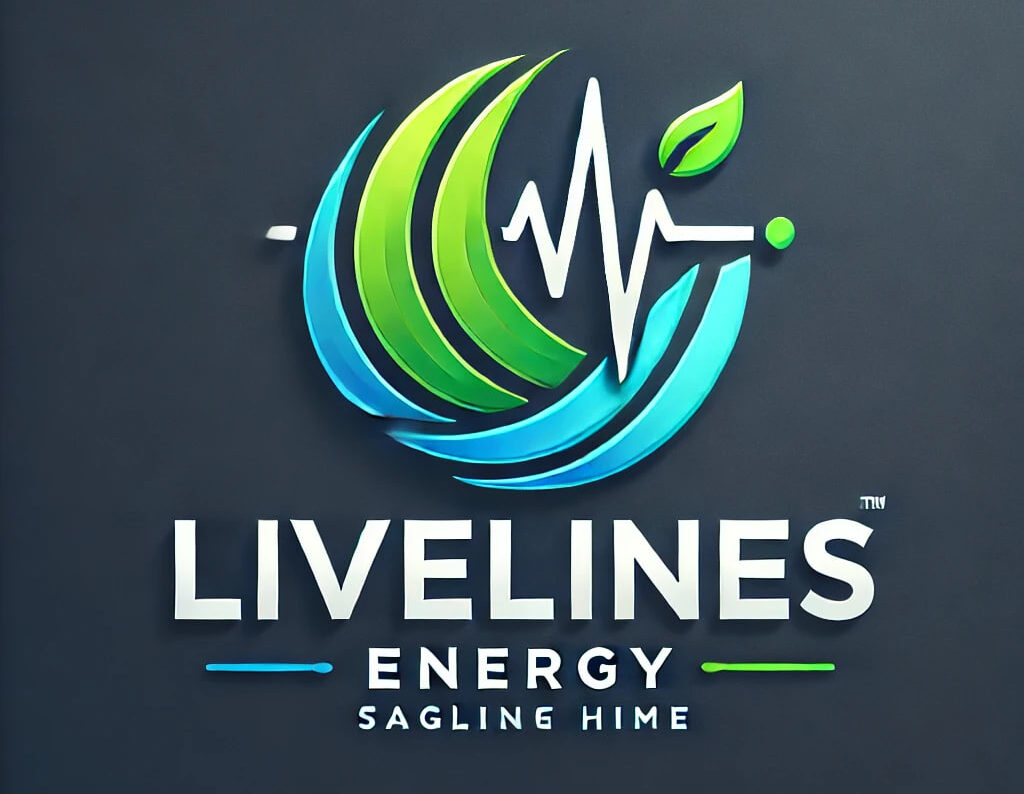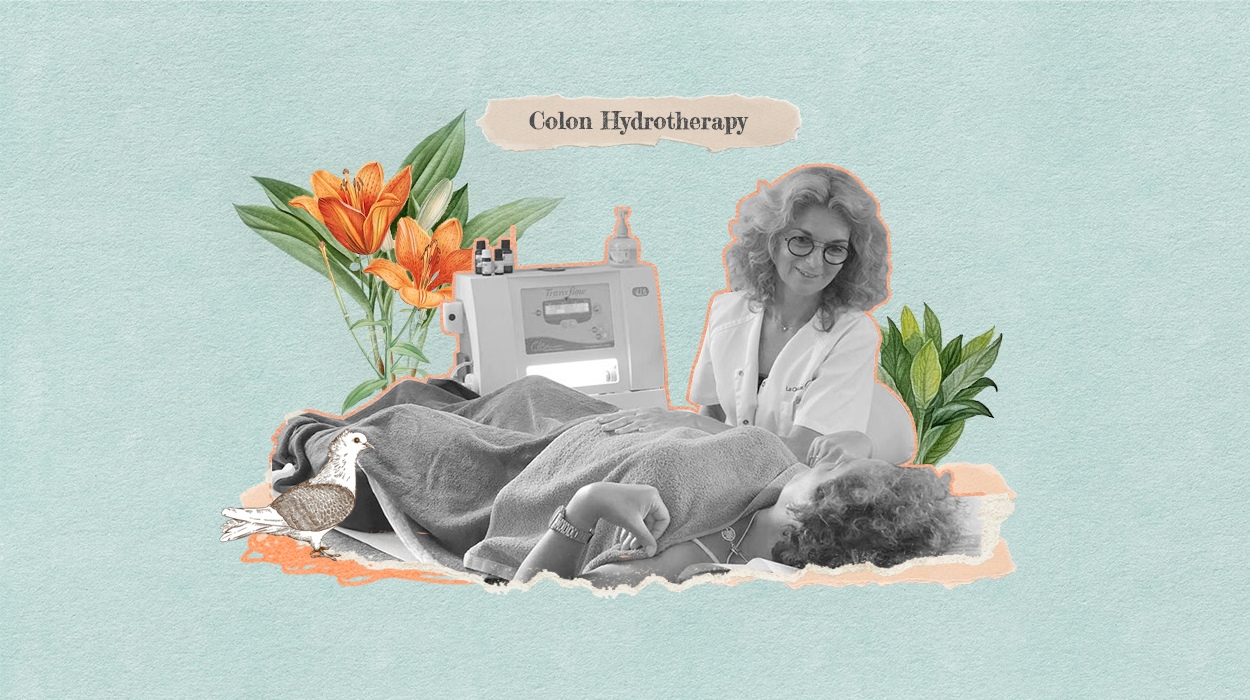Colon hydrotherapy 2024 is a therapy where warm water is inserted into the colon to flush out waste. Colonics may restore digestive health. Colon irrigation, also known as colon hydrotherapy, is a procedure that uses water inserted into the colon to clean out the bowels by flushing out accumulated waste. Our modern diets and lifestyles can contribute to stool, waste (sometimes called toxins), and gas getting stuck inside the colon, but fortunately, colonic hydrotherapy can benefit those who are looking to achieve and maintain a healthier gastrointestinal tract.
What Is Colon Hydrotherapy?
- Colon hydrotherapy is a procedure that uses warm water to provide a deep cleanse for the colon.
- It’s done to promote the elimination and removal of waste.
- It inserts filtered water into the colon to flush out and remove built-up gas and stool.
- It can help promote healthy digestion and reduce issues like bloating and constipation.
What Is Colon Hydrotherapy?
Colon hydrotherapy (sometimes also called a colonic, Colonix cleanse, or colon cleanse) is a procedure that involves the insertion of filtered water into the colon to cleanse it of accumulated waste and remove gas. Following a balanced, healthy diet may help detox your body and kickstart weight loss.
The colon is a part of the digestive system and the largest portion of the large intestine. It’s involved in the absorption of water and minerals as well as the formation and elimination of feces. Sometimes, trapped waste and toxins get stuck in the colon, which a cleanse can help to resolve.
For people who deal with bloating, constipation, and abdominal pain, colon hydrotherapy is a treatment option that they can try to help reduce their symptoms and support digestive health. Some of the main benefits of colon hydrotherapy include detoxification, gut health support, and digestive issues relief. While people have reported feeling more vital and energetic after colonic cleanses, this benefit is debatable.
How Does Colonic Hydrotherapy Work?
Trained therapists typically perform a colon hydrotherapy procedure (or a colonic) in their offices. Some spas and wellness centers also offer colonics. The process is usually as follows:
- The individual lies down on a table, and a sterilized, disposable speculum is gently inserted into the rectum.
- Filtered water is introduced into the colon at a low pressure. This water helps soften and break down stool inside the colon.
- The therapist might use gentle massage techniques to help stimulate the release of stored fecal matter.
- The waste is then expelled from the body through a clear viewing tube, allowing both the therapist and individual (if they wish) to see what comes out during a colon cleanse.
- The process is repeated until up to 60 liters of water have been introduced into the colon to flush waste out.
Colon Hydrotherapy Benefits

Proponents of colon hydrotherapy highlight numerous benefits of this procedure, especially digestion-related ones. Benefits of using colon cleansing products may include:
- Improved Digestion: It can potentially help with constipation, diarrhea, and other digestive issues. Colonic irrigation in patients with irritable bowel syndrome has shown favorable outcomes in symptom resolution.
- Increased Energy: Some claim to experience increased energy and vitality by removing waste and toxins.
- Detoxification: Colonics can eliminate toxins and aid in the removal of stagnant waste. It has also been shown to be useful in lowering uremia in those with chronic kidney failure.
- Weight Loss: While not a weight loss treatment, some people experience temporary weight loss due to waste removal.
- Improved Colon Muscle Tone: Regular colonics might help tone the colon’s muscles, improving natural peristaltic movement.
- Clearer Skin: Some believe that skin can become clearer as the body detoxifies.
- Enhanced Immune System: The body’s immune system might function better by removing toxins. For example, colonics may help decrease inflammation or irritation of mucous membranes in the GI tract.
Side Effects And Risks Of Colon Hydrotherapy
As with any medical procedure, there are potential risks involved in colon cleansing procedures. According to one study, colon cleansing may also be less effective if you already have health problems such as diabetes, have been bedridden or hospitalized, or take certain medications before the cleanse (such as antipsychotic drugs).
Possible side effects of colonics and colon cleansing procedures may include:
- Electrolyte Imbalance: The procedure can sometimes lead to an imbalance of electrolytes in the body, which can be harmful. This would be especially dangerous if someone had kidney failure or other kidney diseases.
- Perforation: There’s a risk of colon perforation (damaging or scraping the colon) if the procedure is not done correctly. An infection can also potentially develop if there’s a perforation.
- Infection: If the colon hydrotherapy equipment is not properly sterilized, there’s a risk of infections due to pathogens entering the GI tract. In one case, septic shock was experienced following a colonic irrigation.
- Aggravation of Existing Conditions: People with conditions like Crohn’s disease, ulcerative colitis, or hemorrhoids should avoid this treatment since it can worsen their symptoms.
- Dehydration: Some individuals might experience temporary systems such as cramping and dehydration after the procedure; therefore, drinking lots of water afterward is recommended.
Choosing trained and certified professionals such as colon hydrotherapists are imperative to ensure safety and effectiveness for those searching for colon hydrotherapy near me. Read reviews of the clinic and therapist you’re interested in working with to ensure they are reputable and reliable. Look for clinics that use a colonic hygienist and disposable equipment so that sanitization and proper training are not issues for your colon health.
Other Tips To Improve Your Colon Health

Aside from doing an entire session of a colonic cleanse, you can maintain a healthy colon and gastrointestinal tract by following these tips:
- Eat a Healthy Diet: Aim to eat a balanced diet rich in high-fiber foods, like fruits, vegetables, and whole grains, which can promote regular bowel movements and a healthy colon with good intestinal flora growth. Fiber helps soften stool, making it easier to pass, naturally cleaning the colon.
- Stay Hydrated: Drinking plenty of water and fluids like tea aids in digestion and helps keep stools soft, preventing constipation. Due to its acidity and probiotics, add apple cider vinegar to water to help support a healthy gut.
- Probiotics: Consuming probiotics, whether through foods like yogurt or sauerkraut or by taking supplements, can support a balanced gut flora, aiding digestion and promoting colon health.
- Exercise: Regular exercise stimulates bowel movements, fights inflammation, and improves overall digestive health.
- Limit Processed Foods and Red Meat: Some studies suggest that diets high in sugary beverages and red meats might increase colorectal cancer risk.
- Avoid Smoking and Limit Alcohol: Both smoking and excessive alcohol consumption are associated with a higher risk of colon cancer.
- Don’t Overuse Laxatives: Over-reliance on laxatives can make the bowel lazy over time and disrupt the natural flora of the colon, leading to worsened constipation and bloating.
The Bottom Line
If you deal with ongoing indigestion, constipation, and bloating, consider trying colon hydrotherapy to cleanse your colon using filtered water. This will remove waste and likely help improve your symptoms; be sure to work with a reputable therapist to ensure it’s safe.
Frequently Asked Questions
During a colon cleanse, you clean out your bowels of primarily waste materials. This includes built-up fecal matter, undigested food particles, and sometimes, mucus.
After receiving a colonic, bowel movements might be more frequent for a few hours up to a day. Stools might also be looser than usual for a day following the cleanse.
While many testify to the benefits of colon hydrotherapy, it’s essential to approach the procedure cautiously. It’s also vital to consult with a healthcare professional before a colon cleanse procedure and work with well-trained colonic hygienists who use safe techniques.
You don’t necessarily have to have a bowel movement before a colonic, but some find it more comfortable if they do. Having a bowel movement before the treatment can help reduce the amount of fecal matter in the colon, potentially allowing for a more thorough cleanse.
A colonic should not be painful when performed correctly by a trained professional. However, some individuals might experience discomfort or a feeling of cramping pressure during the procedure. This sensation is often due to the water being introduced into the colon and should go away quickly.

